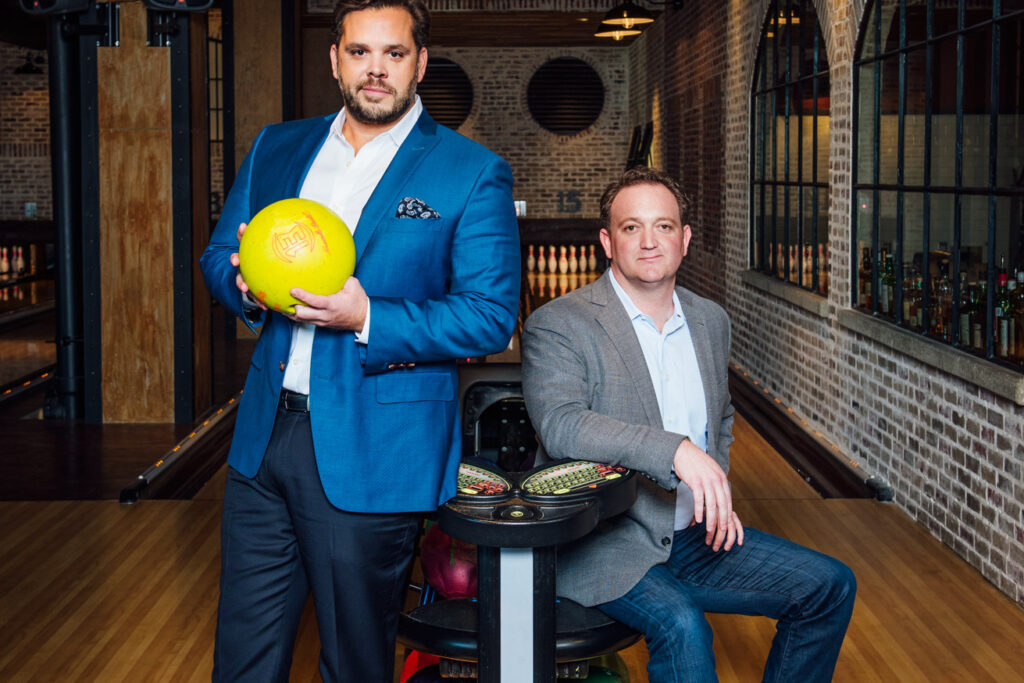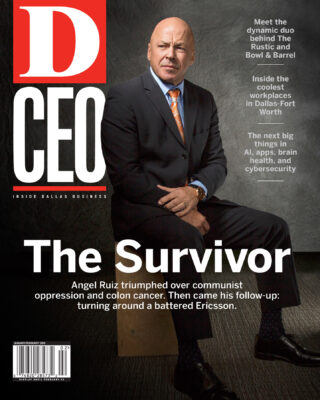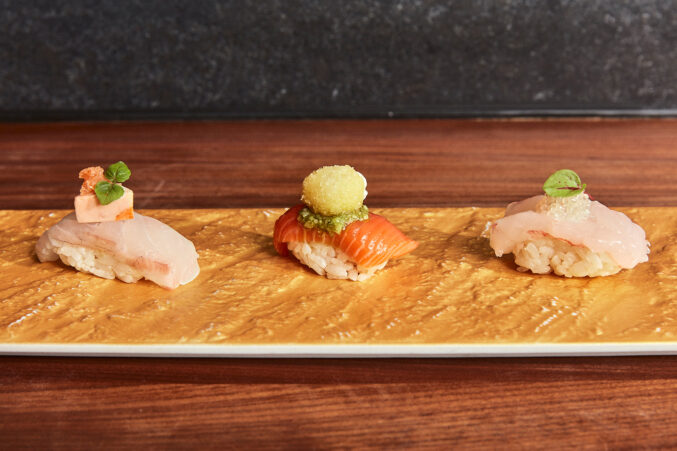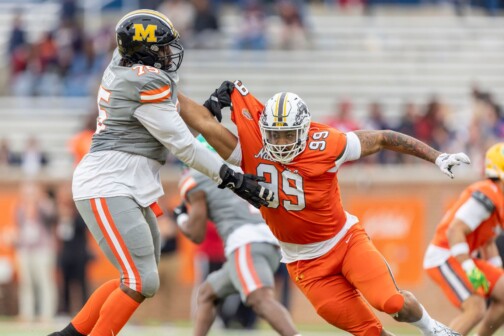Siegfried and Roy. Penn and Teller. Noonan and Sepkowitz.
Three great magic acts. Siegfried and Roy, now retired, were famous for their white tigers. Penn and Teller’s shtick is comedy and magic. Kyle Noonan and Josh Sepkowitz, the partners behind FreeRange Concepts, are growing famous in the restaurant industry for their magic—and disruptive—touch combining fun and really good food.
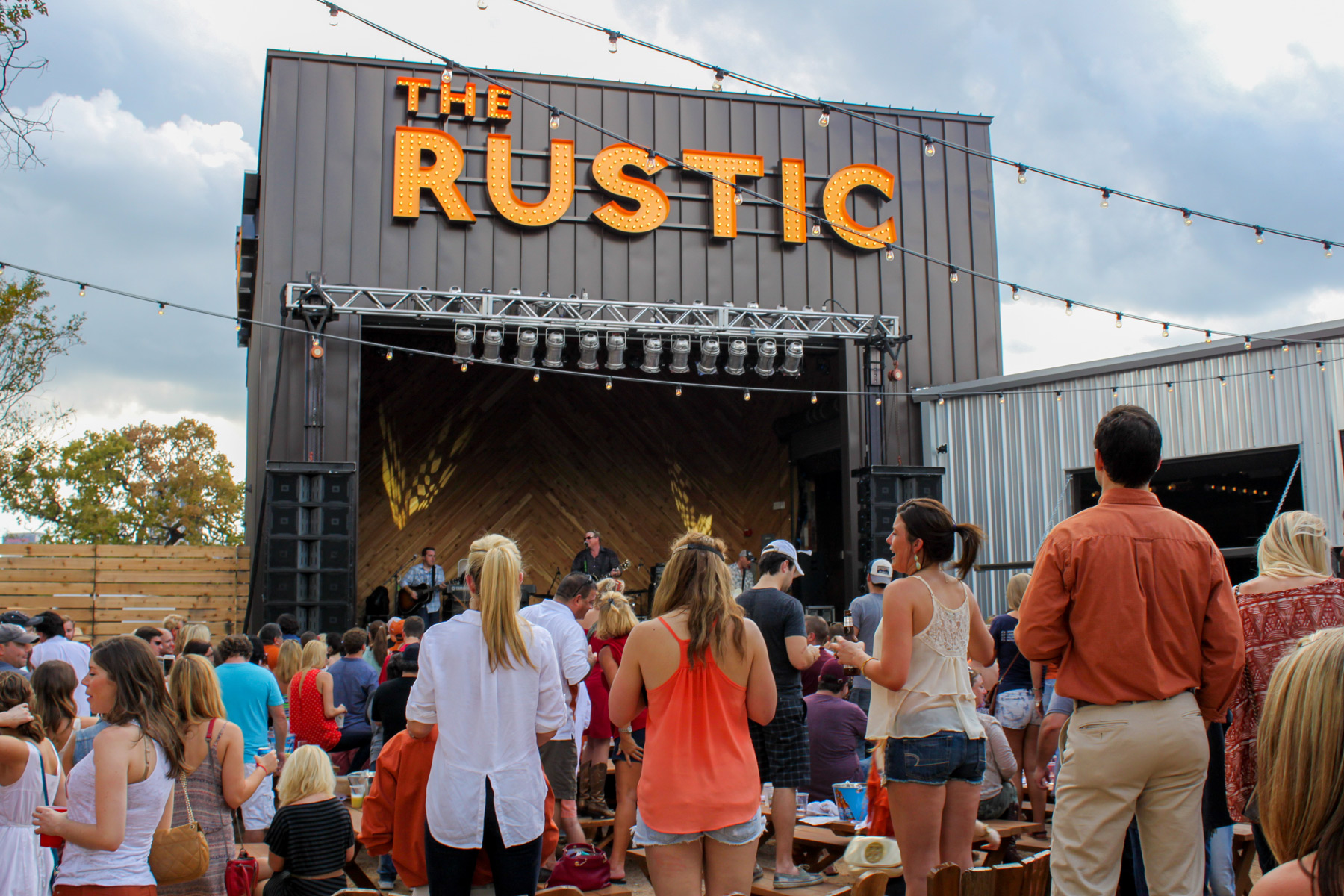
The FreeRange leaders have very different skill sets and personality elements that bond for “great chemistry,” says Cityplace President Neal Sleeper, a developer who’s worked with FreeRange on The Rustic, its restaurant and live music venue, and Mutts restaurant and dog park. Additionally, Noonan and Sepkowitz are “very trusting of each other” and work well together, Sleeper observes.
Phil Cobb, a veteran of the legendary restaurant management duo that founded Prufrock Restaurants and the Black-Eyed Pea chain, says of partnerships, including his own with longtime friend Gene Street: “It’s almost magic how a partnership works.” Complementary skills, mutual trust, and no room for green-eyed monsters are keys to the great ones, he adds.We have no problem disagreeing, but when the dust settles we always have love and
Kyle Noonan
respect.
Unlike Cobb and Street, young businessmen who first got acquainted in a bar talking restaurants and poetry, Noonan and Sepkowitz have been buddies since their salad days as students at Southern Methodist University. The similarities between the partnerships are more significant. Noonan, like Street, brought his creativity and experience in the restaurant business to the table. Sepkowitz, like Cobb, knows the financial and real estate parts of the business.
“It’s an honor to be compared to them,” says Noonan. Street and Cobb are “industry titans. We’ve got a long way to go” before they get where Street and Cobb did, he says. Still, there’s a familiar yin and yang. “We joke all the time: I’m the gas, Josh is the brakes.” A partnership “needs somebody to push and somebody to pull.”
Sepkowitz has stopped counting how many times he’s heard these two pieces of advice: First, don’t go into business with your best friend. Second, always have one final decision maker. He and Noonan have successfully broken both rules. They’re still best friends, and “we make decisions together. For us, it works perfectly,” he says. No agreement, no deal.
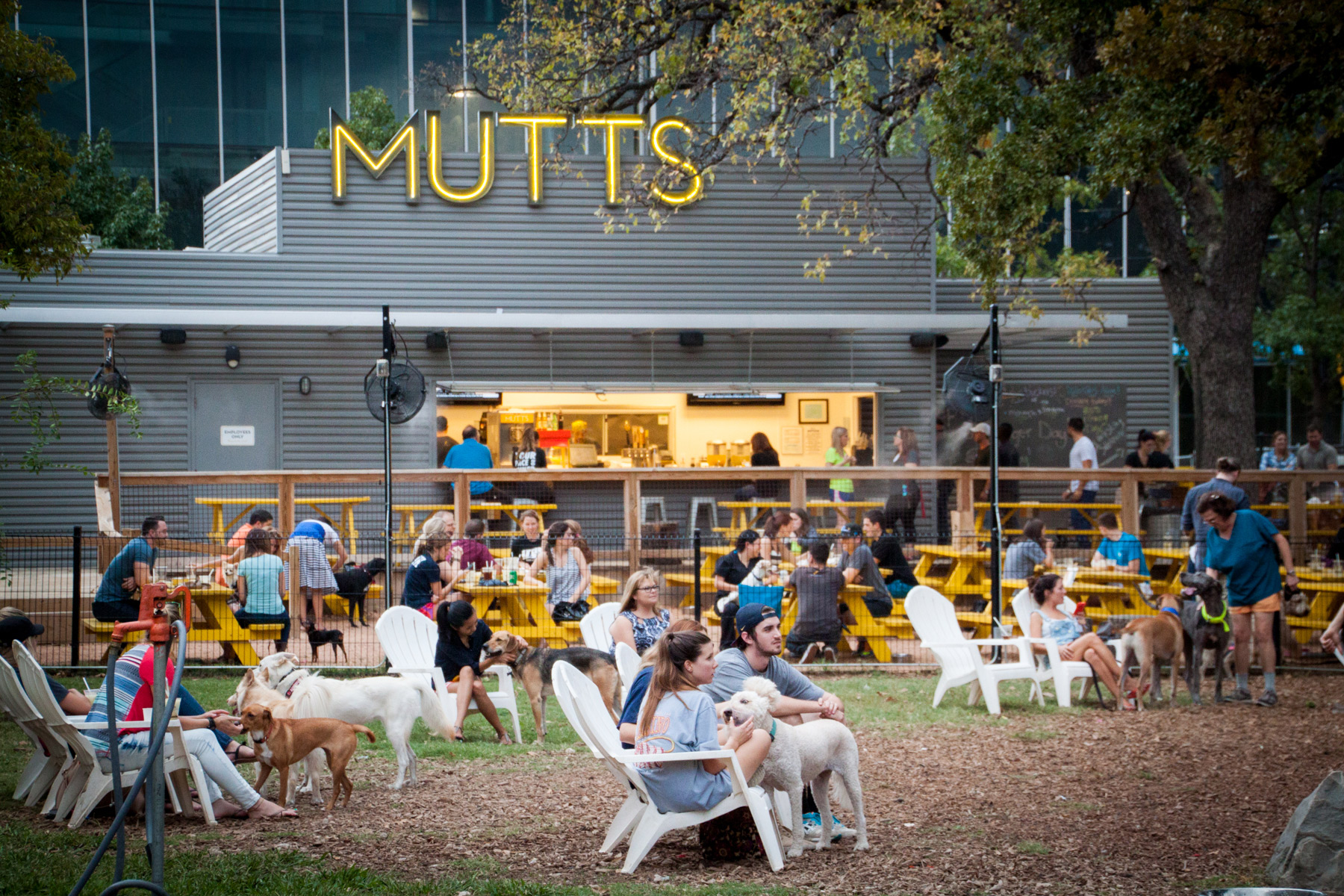
Are there disagreements? Of course. “We’re more like brothers than friends,” says Noonan. That means “we have no problem disagreeing, but when the dust settles we always have love and respect.”
Business circumstances in Noonan’s and Sepkowitz’s lives coincided and led to their partnership. Sepkowitz was in the financial industry when it crashed in 2010 and 2011. If he hadn’t, in his words, “been pushed out the door,” Sepkowitz says he likely wouldn’t have gone entrepreneurial, because “I’m not a real risk-taker.” Meantime, Noonan had risen as far as he felt was possible in the Pappas family restaurant empire. Says Noonan, “I was blessed to cut my teeth with them. The Pappas company was very good to me. But I know it is a family-owned company and my name isn’t Pappas.”
Both looking around, Noonan and Sepkowitz decided to partner up. But, there wasn’t a plan … yet. The story of Bowl & Barrel illustrates their ability to recognize a niche and fill it. The framework for their partnership and first venture “just kind of materialized” when the restless friends wanted to go bowling. Rolling heavy balls down lanes to knock down pins had been one of their fun things to do while at SMU. “We realized there were no bowling alleys close to where we lived. And none we wanted to go to. That was our opportunity to see there was a hole in the market,” says Noonan. Recalls Sepkowitz, “I told Kyle, let’s do a business plan.”
Ready to go with an equal mix of guts and ambition, the two felt it was their time. They sensed that they had gained the tools and information they needed to be successful. And they believed in themselves and each other. Like Mickey Rooney and Judy Garland (“Hey, let’s put on a show”), Noonan and Sepkowitz decided to do a restaurant with a bowling alley. They “bootstrapped the company with about $50,000,” says Sepkowitz, and worked out of Noonan’s house for two years.
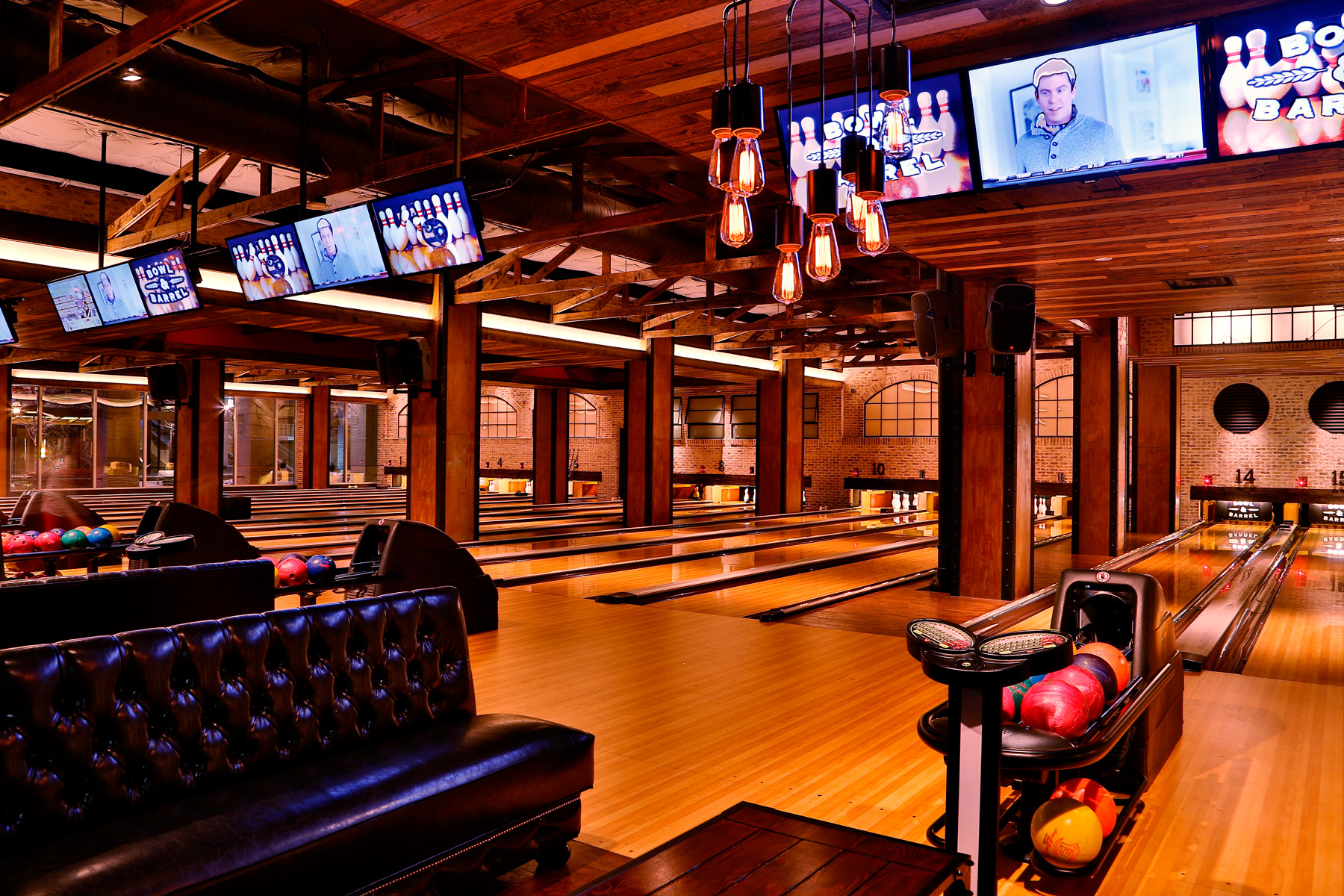
Before the Great Recession began, two other bowling alley restaurants targeting millennials were looking at Dallas. Upscale bowling alleys were trending, especially in Austin. One of the alleys leased space in the then-new Park Lane development, but cancelled after the economic downturn. That meant there was a space looking for the concept Noonan and Sepkowitz wanted to do. They were ready, and the space was right there. “We got lucky,” Sepkowitz says. “Their misfortune gave us an opportunity.”
Next came Mutts Canine Cantina in June 2013 in Uptown. Unique among the brands, it’s a hunch concept that represents a new industry segment. Mutts generates the most calls from other developers, investors, and media. From the standpoint of a developer, says Sleeper of Cityplace, it binds the community as a meeting place and activates outdoor space in a way that few businesses do. Says Sepkowitz, “We’re the best darn dog park I know of.” And perhaps the only one that serves food and beverages.
FreeRange is still looking for the right combination of circumstances to make the next Mutts work. Mutts Cityplace is profitable because the real estate part of the deal is favorable, and “our landlord [Sleeper] wanted it,” Noonan says. “There will be more Mutts when we can figure out a business model that will work elsewhere.” Finding the right real estate in an urban setting is tough. A flood plain or an odd-shaped lot might make a good Mutts, he says.
Raising capital is not the hardest part of my day. The hardest part is finding the right location.
The partners attribute their success to the way they approach their business; they are restaurateurs first. Noonan and Sepkowitz start with the food and beverage program, then create the entertainment component around the restaurant. Indeed, Bowl & Barrel is a bar-restaurant with a bowling alley—not the other way around.
Ditto for The Rustic, a restaurant with live music. That’s the reason there’s never a cover charge for the entertainment. (For big-name acts, though, concert tickets are sold separately). Live music is a routine amenity, part of The Rustic atmosphere as much as the décor. Accordingly, regular customers come first for the food, especially during the day. “I can’t name another music venue that has that many at lunch,” Noonan says.
Fare at The Rustic isn’t typical bar food. Rather, it’s billed as “wood-grilled cuisine.” Not gourmet, certainly, but several notches above what a typical bar or music venue serves. Noonan laughs, “We’ve all been to concert venues where you are almost punished if you eat.” Not at this urban honky tonk. In that way, he says The Rustic is “very disruptive” within the genre. “I think we’re the only place that has figured out how to do both: how to have a restaurant, and how to do music.” Given the alcohol sales numbers, The Rustic is a heckuva bar as well.
An event that shaped The Rustic was Sepkowitz’s bachelor party weekend at a friend’s ranch in Glen Rose. Each night the friends cooked out, then had a few drinks around the fire pit while a couple of guys played guitars. “That’s what really inspired” The Rustic, Sepkowitz says. A mutual friend introduced the pair to Texas singer-songwriter Pat Green, who liked the idea. Green came on as a “concept investor” to shape the music component. He also played at the opening, and tickets to his appearances are usually an affordable $20 to $35. Says Sepkowitz, “We put a lot of care into the music we provide.”
When it comes to expansion, FreeRange moves deliberately. The partners wanted to expand Bowl & Barrel to other cities, for example, so they asked real estate firm UCR to map out areas without bowling alleys. That analysis led them to northwest San Antonio and the affluent LaCantera neighborhood. In Houston, they have targeted the burgeoning area known as the Energy Corridor. Because Austin already has a number of bowling alleys, they’re not looking to take Bowl & Barrel to the state capital. Austin, a town that really loves its music, will eventually get some version of The Rustic brand or concept, however.
The pair are tight-lipped about their investors, who have signed confidentiality agreements. Noonan and Sepkowitz look for partners that share their long-term vision for the brands, they say, with business philosophies similar to theirs. “We have treated capital well and continue to do so. As such we have the luxury of choosing our capital partners,” according to a written statement from FreeRange.
Says Sepkowitz, “I like knowing my investors … meeting with them. With our success, raising capital is not the hardest part of my day. The hardest part is finding the right location. I have a great group of solid investors who are pleased with us and their returns.” As FreeRange branches out into other cities, they continue to seek local investors, both for dollars and market intelligence.
Down the road, this ambitious Texas company is looking at opportunities in Atlanta; Nashville, Tenn.; Denver; Charlotte, N.C.; and Tempe and Scottsdale, Ariz. Expansion will likely include some new concepts. Busy with new openings right now, Noonan says they have at least three new concepts on the backburner. “I don’t know where they’ll be or exactly what they’ll be,” says Noonan. Then he clams up, because “I don’t want somebody else to jump on it.”
The first year of operation saw FreeRange revenue hitting $350,000. The next year, the figure ballooned to $6 million. Revenue in 2014 was $16 million and, by the end of last year, the figure was projected to be $20 million.
Given the way FreeRange is growing, the company is on the verge of transitioning from business to corporation. “We’re right at the tipping point,” says Noonan.
Of course, one of the challenges will be finding the right employees to carry on their vision. They are very purposeful about hiring people who fit their mold. “The first thing we look for are people who have an innate sense of hospitality,” says Noonan. “Whether we’re hiring an accountant or a server, that desire is first thing we look for.”
Traditional, “linear” thinkers don’t get far with either Noonan or Sepkowitz. Their interview process involves posing real-life scenarios, then asking candidates to come up with innovative solutions.
Looking forward, Noonan believes in listening to his patrons for new ideas and refinements. “To be in front of a trend, you have to talk to consumers. Most of our ideas come from talking to our guests.” He’s “amazed” by how much info he gets from guests even when they’re just talking. People don’t think they’re giving you information but they are, Noonan says.
Given that guests are the test panels, FreeRange doesn’t use focus groups. Besides talking to consumers, Noonan and Sepkowitz follow the lead of most other restaurateurs. They go out a lot to see what the competition is up to. They never forget that everyone eats, and therefore has an opinion about food.
Most important at FreeRange: the “magic” the partners have made their trademark must continue. As Sepkowitz puts it, “We put on a show at each of our locations every day.”


